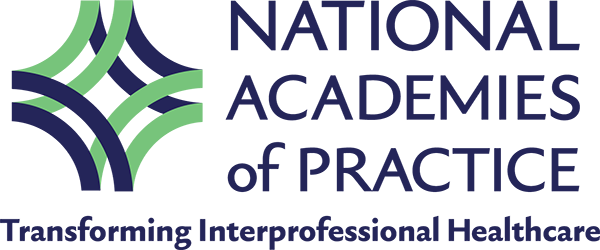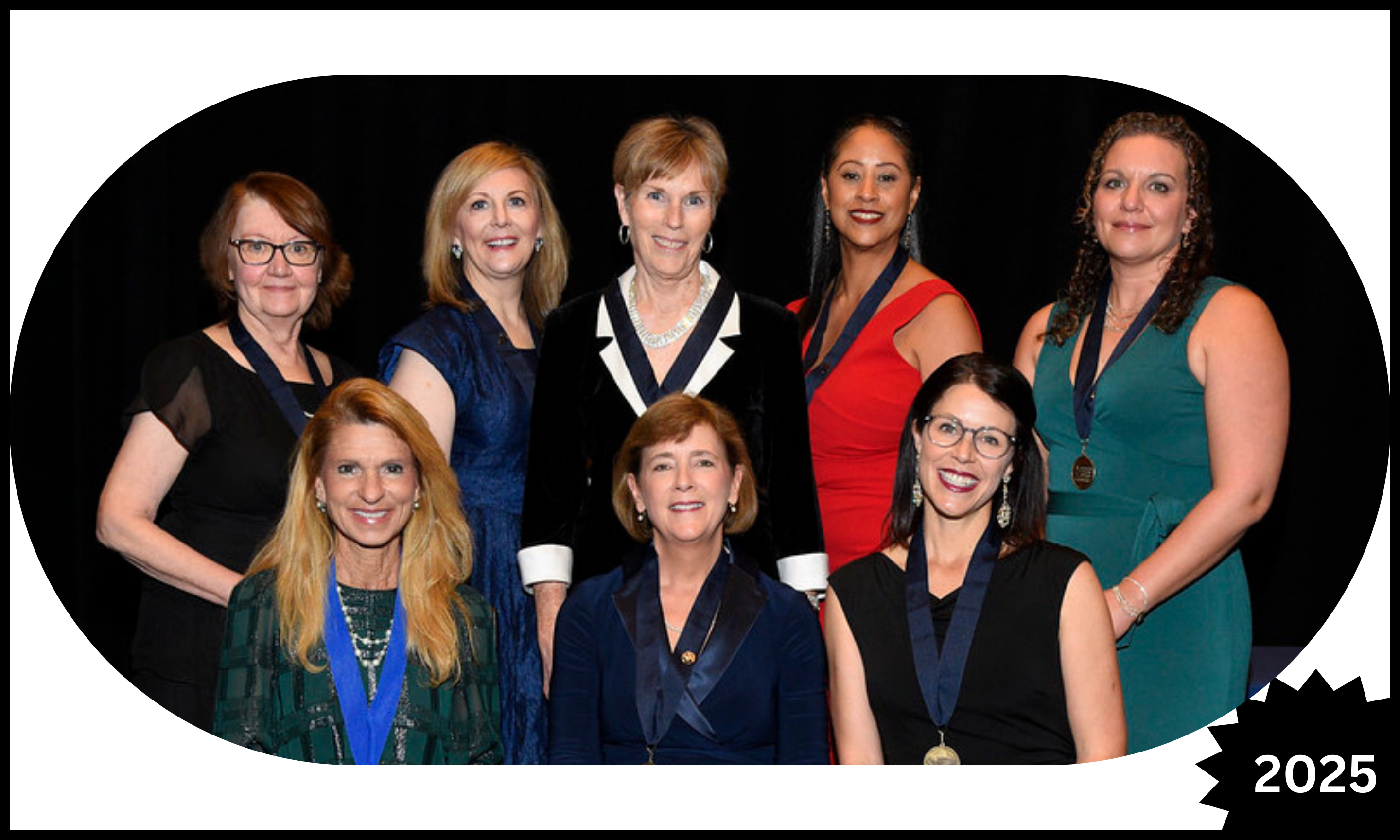- Home
- About NAP
- Academies
- Membership
- Public Policy and Advocacy
- Resources
- Events
- Contact Us
|
|
| Academy Chair | Academy Chair-Elect |
|
|
|
Role of Nutrition and Dietetics in Interdisciplinary Health Care
Everyone eats. Human nutrition, by its very nature, is the universal solvent that brings people together through diverse cultures, translational sciences, health care systems, community programming, training and education, marketing/media, and business and communications. Registered dietitian nutritionists (RDNs) are essential members of interprofessional teams who are intentionally focused on the priority mission of accelerating improvements in global health and well-being.
The field of nutrition and dietetics is diverse and continuously evolving, including the provision of services in a wide variety of settings to impact the health and/or well-being of individuals and communities. The scope of practice for dietitians provides for independent practice and decision-making. Based on a foundation of entry-level education, supervised practice, and credentialing, and encompasses the wide range of roles, activities, and regulations that RDNs perform. The breadth and depth of individual practice can increase over time through advanced education (advanced degree, continuing professional education, certificates of training, and specialist certifications) and practice experience.
Registered Dietitians are food and nutrition experts who have completed pre-professional education and training through accredited programs and passed a national certification exam. Credentialed practitioners maintain continuing competency through professional development throughout their careers. To showcase expertise areas of practice, many dietitians also achieve specialty credentials in areas of gerontological nutrition, sports dietetics, pediatric nutrition, renal nutrition, and oncology nutrition. Dietitians also work collaboratively in external professional organizations and achieve advanced credentials in interprofessional areas such as lifestyle medicine, diabetes education, culinary medicine, and eating disorders. Many states have regulatory laws and rules that also govern the scope of practice for dietitians and nutrition practitioners. These vary from state to state and within organizations.
Dietitians work collaboratively in a variety of settings such as:
- Providing medical nutrition therapy and direct care in clinical practice in hospitals, health maintenance organizations, skilled nursing, rehabilitation, or outpatient facilities.
- Private practice and nutrition-related services. Individuals may work under contract with healthcare or food companies, or in their own business.
- Community and public health settings teaching, monitoring, and advising the public, and helping to improve their quality of life through healthy eating habits.
- Foodservice and nutrition services provided in schools, day-care centers, and prisons, overseeing the management and operations of complex food systems.
- Sports nutrition and corporate wellness programs. Dietitians work with groups or individuals to educate clients about the connection between food, fitness, and health.
- Government agencies, military, and federal programs that serve communities and individuals in meeting the needs of vulnerable populations, the underserved, and public health priorities.
- Working in communications, consumer affairs, public relations, marketing, or innovating product development.
- Universities, colleges, and medical centers, teaching future healthcare providers, featuring the sophisticated science of foods and nutrition.
- Research areas in human health, food, or pharmaceutical companies directing and conducting experiments to address the translation of nutrition science into practical applications.



